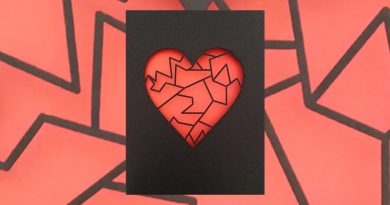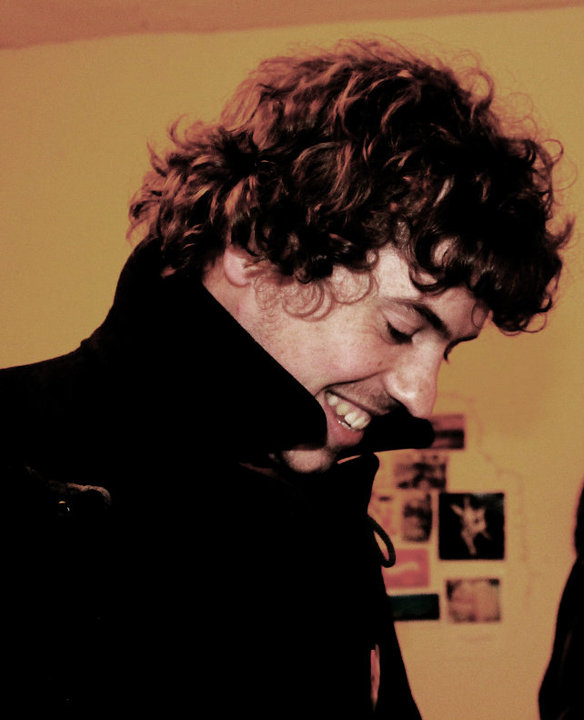She Grrrowls ed. by Carmina Masoliver
-Reviewed by Emma Lee-
This anthology, edited by Carmina Masoliver, features ten poets who have performed at She Grrrowls in London between 2013 – 2014. The aim of the night is “to showcase women and carve out a safe place with clear values set out in its manifesto, where trans-inclusion and intersectionality as a whole is held to high regard” and meant as a “message of empowerment”. Laudable aims when the VIDA Count shows women tend to get fewer reviews and prizes and women from ethnic minorities even fewer. This volume features poems by Aisling Fahey, Sabrina Mahfouz, Belinda Zhawi, Selina Nwulu, Bridget Minnamore, Joelle Taylor, Rachel Long, Jasmine Coray, Sophie Fenella and Esther Poyer, with an introductory poem by Rowena Knight and illustrations by Natalie Cooper.
Aisling Fahey’s ‘Opal Earrings, Azure Eyes, Ocean Dress’ takes the ‘show him what he’s missing’ trope and gives it a twist
I only came tonight to see you
and tell you
I never loved you.
I only came tonight so you would see how good I look
in blue
and ache.
It’s uncertain here whether that final “ache” is a description or a command, but the ambivalence is appropriate, since the narrator is choosing her colour but dressing for someone else’s eye. Other poems pick up on this theme, thoughts about whether skirts are too high or tops cut too low; how much to show off and how much to cover up in case dressing up attracts the wrong kind of attention. It’s not all about dress though, Sabrina Mahfouz’s ‘Boats in a Storm’ picks up on the refugee crisis,
There sit 287 in Parliament
who’d replace humanity’s complexity
with clear and simplified blocks of colour,
make children the distant background of a painting,
matt polish pushing salvageable suffering from sight.
They would have to nod in front of oil on canvas,
I agree, it’s an extraordinary depiction
of a terrifying moment.
The poem concludes,
I think that will require more than sun and steeples
more than ropes flung to shore,
more than sculptured outlines of what is ‘right’.
It will require, simply, all of the people
to steady our boats in a storm.
The poem explores how politicians can alienate themselves from the outcome of their own policies by admiring a painting. It’s important that it’s a painting they’re viewing, something that’s created over time and at a distance, rather than a photograph that can be snapped in an instant and reproduced virally. But the poem doesn’t stop with this shocking image, it continues to consider what we can do to help refugees. It’s not preaching to the converted but trying to reach out and say we can all do something.
Belinda Zhawi’s ‘Dear Windchat’, is addressed to a bird that summers in the UK and winters in central and southern Africa, and looks at the split between birthplace and place of residence,
I’ve forgotten my grandmother’s face;
both grandfathers are now dead.
My first language’s started to wilt on my tongue.When I speak to cousins back home my mouth feels
like it’s full of the water that dead leaves flail in.
I feel like home has forgotten me.
Bridget Minnamore’s ‘Black James Bond’ sets the scene of elderly white men typing outrage to the Daily Mail,
“‘it’s just like a black Annie, unnecessary, and it takes away from the essence of the man, it’s exactly as if I cast George Clooney as Martin Luther King, but say anything about artistic integrity and you get called a-‘.
dancing around the word as if it was this
their white masculinity depended upon.
Knowing readers will pick up on the irony that those elderly white men wouldn’t object to white actors blacking up to play Othello or Jeffrey Wright playing Felix Leiter (a minor character Ian Fleming describes as having straw-coloured hair) or Naomie Harries as Miss Moneypenny either. It’s the idea of a black hero that outrages them. The lack of opportunity for black actors to take on leading roles is beyond their radar.
She Grrrowls has a definite feminist outlook but doesn’t rant or leave readers saying “yes, but so what?”. It invites questions and allows its speakers and writers space without straitjacketing them into an agenda. There’s talent here that’s already on its way to a wider readership.




